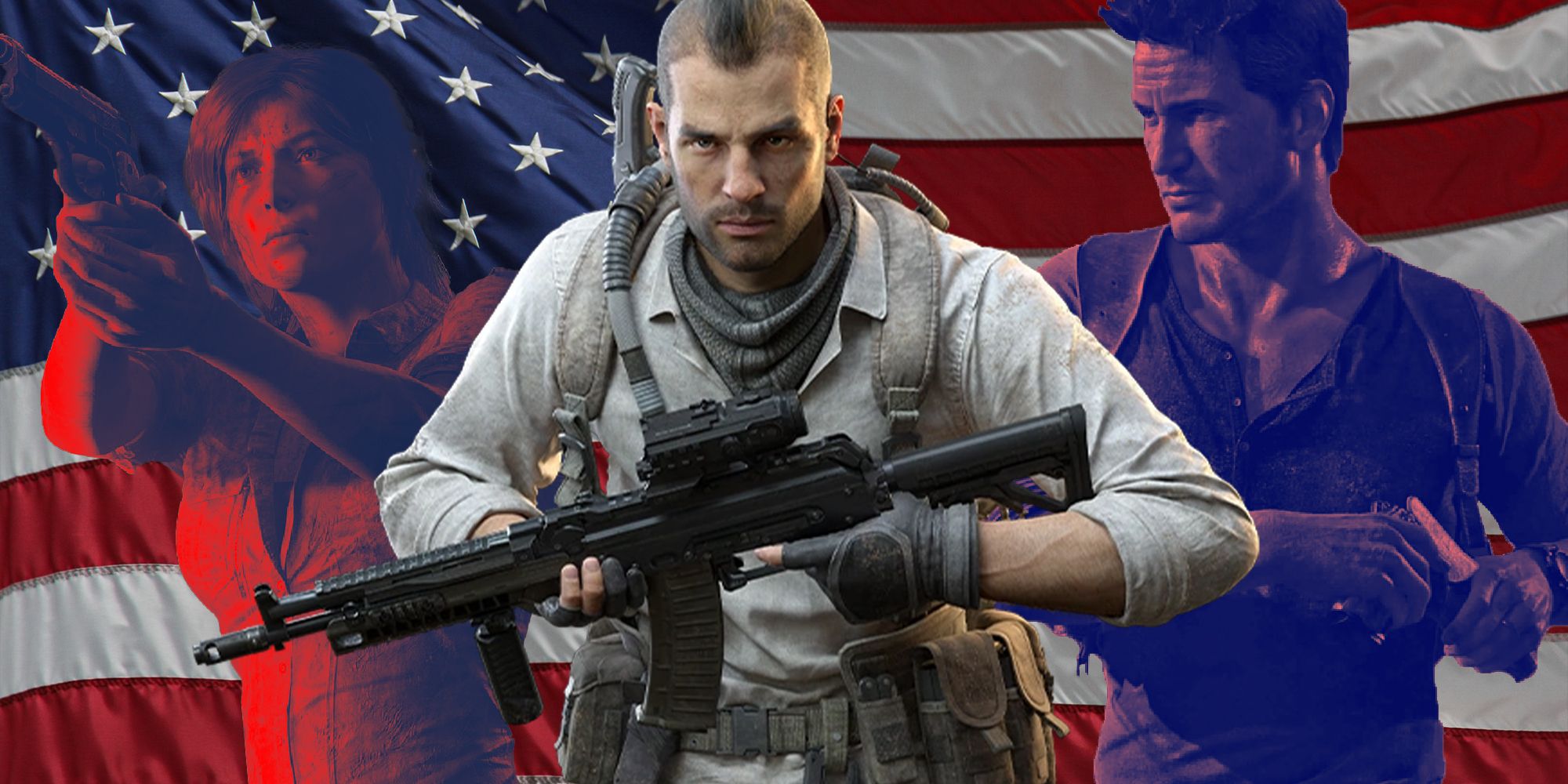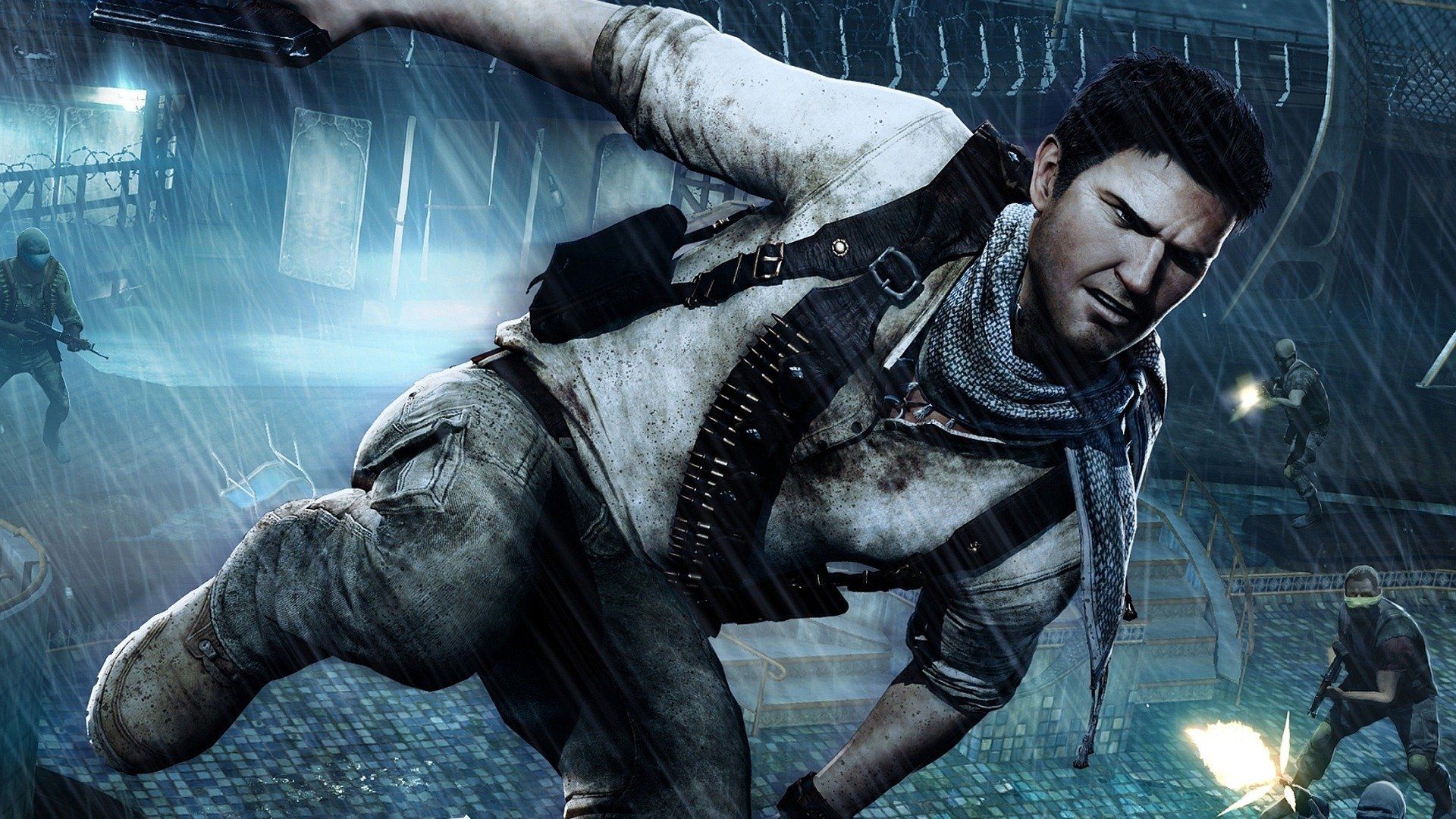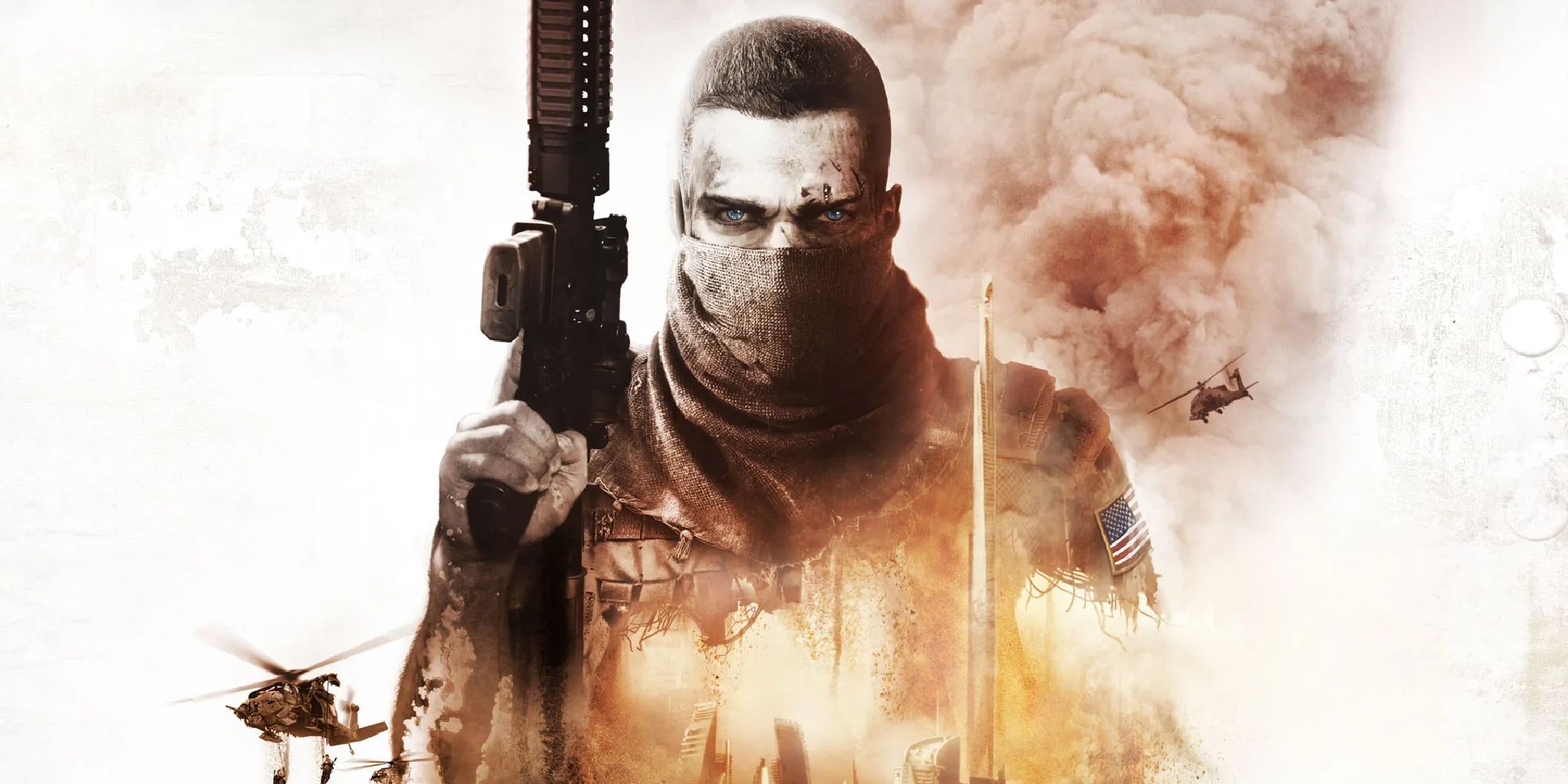Gun violence is not caused by video games. If that were true, then America would not be the only country frequently ravaged by mass shootings. It’s not even caused (solely) by access to firearms, as other countries avoid frequent mass shootings despite having readily available guns for sale. America’s violent history, a point the NRA and one of its chief spokesmen Charlton Heston have argued before, also seems false when you consider the violence present throughout British, German, French, and Spanish history that doesn’t translate to the same level of modern bloodshed.
Gun violence in America is caused not only by easy access to guns, but by a fetishisation of firearms and the parallels frequently drawn between loving your country and owning a gun. Then there’s America’s innate hero/vigilante complex and might = right policing system that spurred on the likes of Kyle Rittenhouse. Even shootings in other countries have a texture of American export. The Christchurch shooter in New Zealand streamed his atrocity and his last words were ‘watch PewDiePie’, a decidedly American meme despite Pewds’ Finnish origin. Britain has had ‘blackpilled’ shooters after the US incel movement gained traction worldwide.
But what does this have to do with games, aren’t you guys called The Gamer? First off, it’s TheGamer, no spaces, and secondly, like everyone else with a brain I do not consider playing video games to be the root cause of society’s ills. But for all the talk of video games advancing and becoming narrative masters equal to cinema, we are still obsessed with guns. As firearms become even more divisive in the US and a huge political talking point, not to mention the increased pace with which America is exporting its political turmoil these days, it’s probably time to interrogate gaming’s relationships with guns.
Video games do not cause mass shootings. But video games are one of the most popular forms of media in the world and they have long used guns as the default method of play and victory, and hardly ever explore the realities of gun violence. Uncharted, for example, grew from a fairly brainless action-adventure where the story was backdrop to the platforming fun, into a rich character driven story with heart. And all the way through Drake just shot anyone in his way and that was the end of it.
At first, it seems difficult for games to do this. Games still need some level of fun and enjoyment, and widespread gun violence cannot be gameified. Any attempt to recreate No Russian to show the horrors of these events first hand would not go down well.
Some games have gotten around it well recently. Ghostwire: Tokyo is technically an FPS, but you shoot magic projectiles at demons, so it’s some distance removed from shooting. Neon White too uses guns as playing cards against non-human targets, so it’s very different. But still, the biggest selling shooters of the year will be the hyper realistic games like Call of Duty. It’s military based, which again is a different context from Nathan Drake just killing everyone he sees with no consequences, but it’s still a very guns = fun mentality with no substance of note, especially in the multiplayer modes.
Ten years ago when military shooters were at their cultural peak (and the US was actively involved in warfare), Spec Ops: The Line challenged the conventions of the military shooter, and their glamorisation of the military at large. Gun violence as a more general concept needs its own Spec Ops. We need a game that looks at the reality and aftermath of the relentless shootings video games continue to endorse.
This is not to say we should ban shooter games. My favourite game of all time, Mass Effect 2, is a third-person shooter. Tomb Raider and Red Dead, two of my most loved series, both rely on guns. I don’t even think every shooter needs the Spec Ops treatment. But somewhere along the way, one of them probably does.



